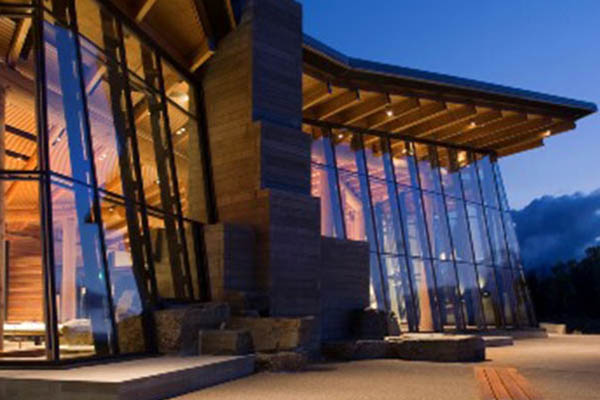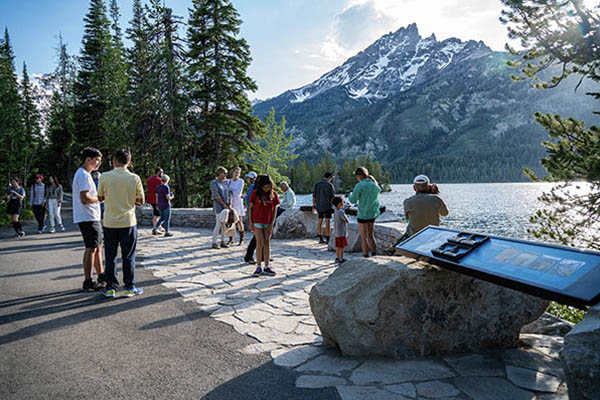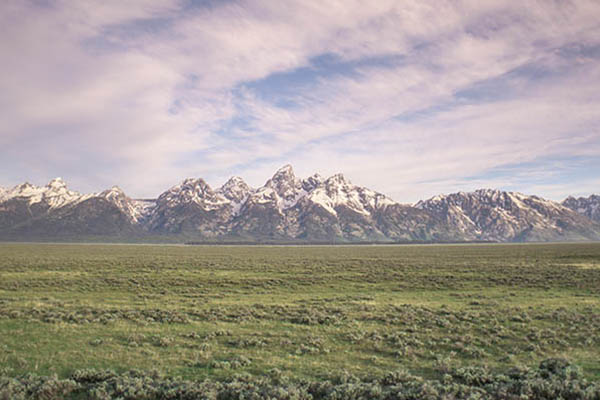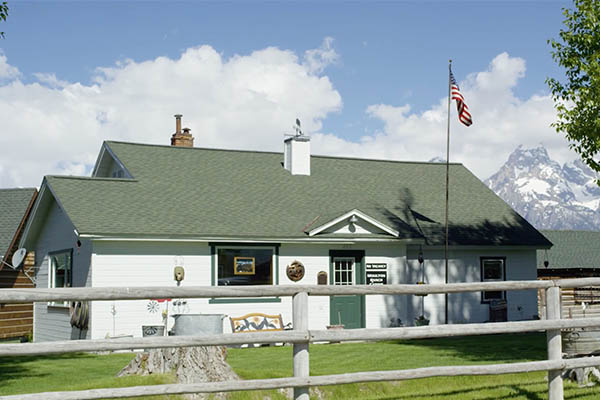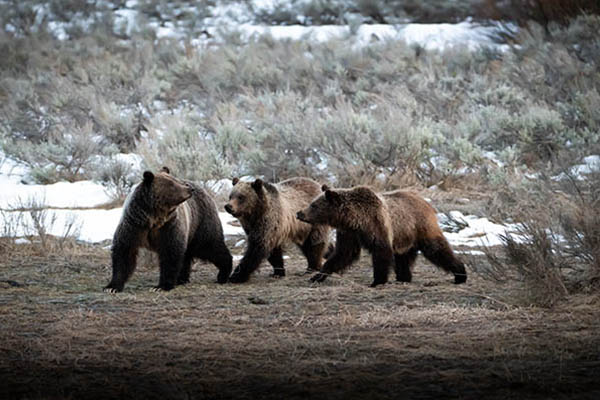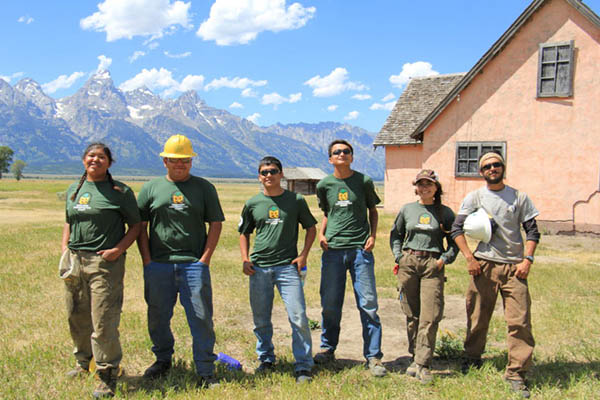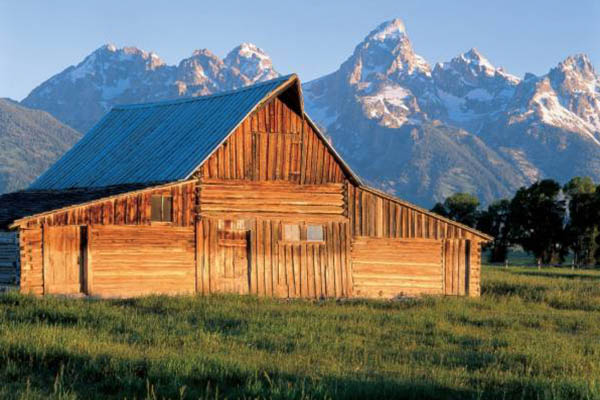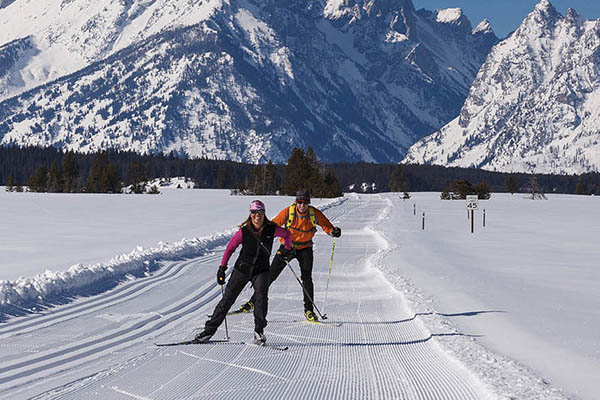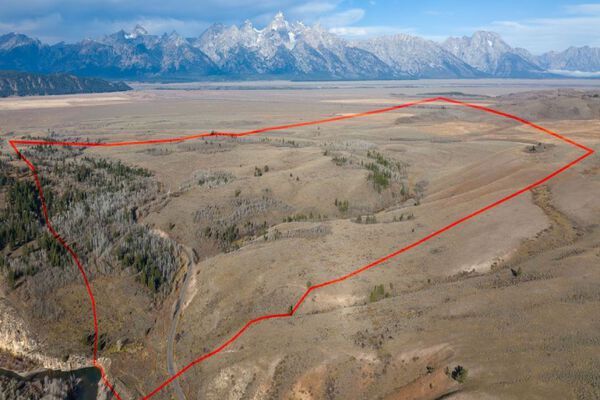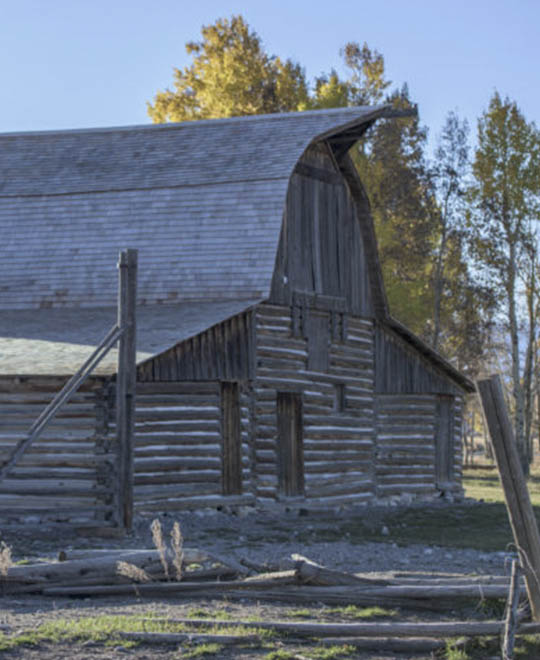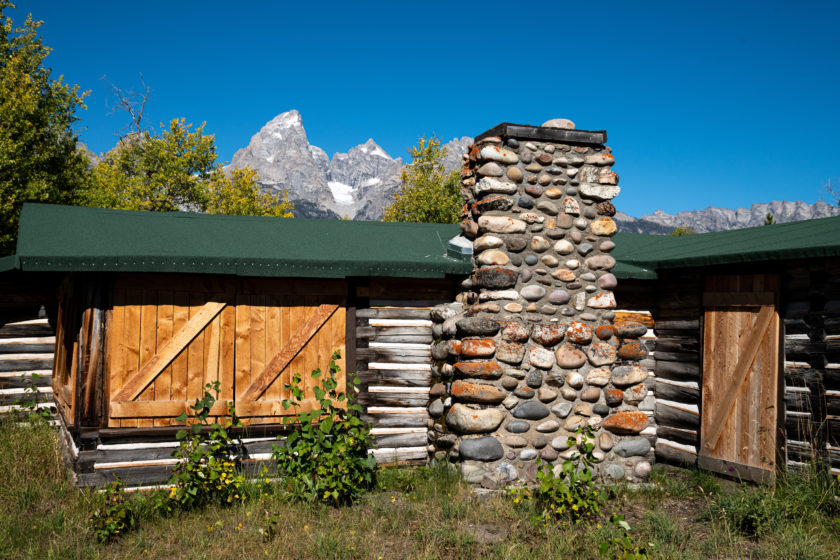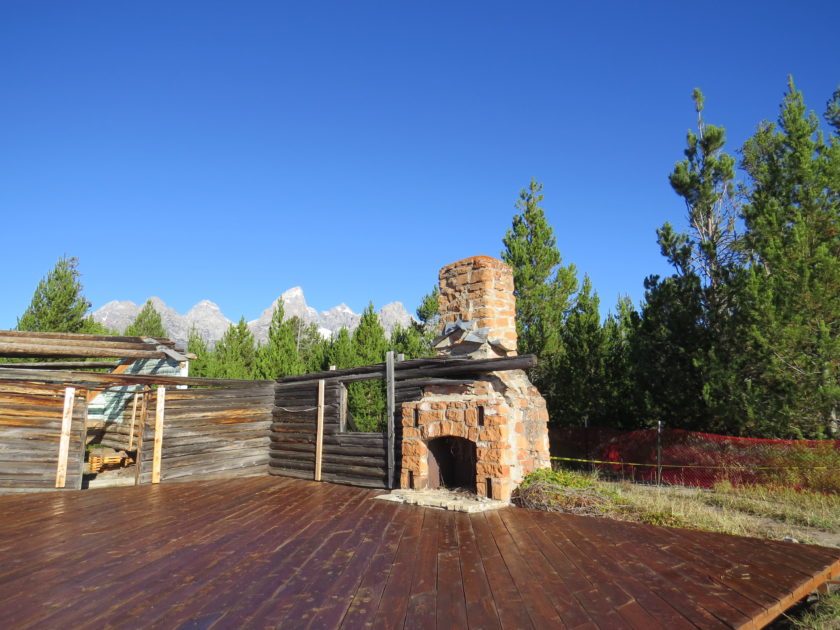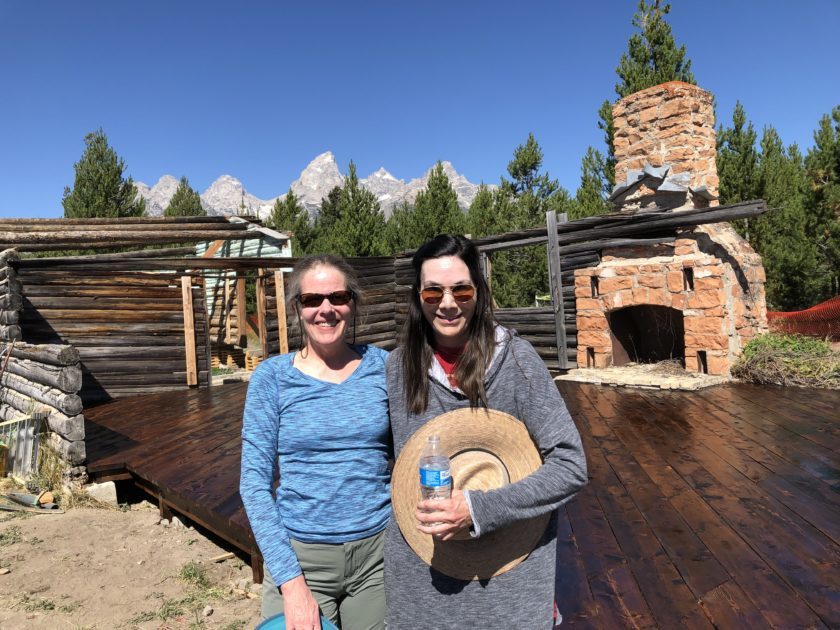CULTURAL RESOURCE INITIATIVE
The Foundation’s Cultural Resource Initiative funds priority projects that reflect Grand Teton National Park’s history, foster connections to places, are accessible to visitors, and increase engagement in the park’s cultural treasures.
National park and history enthusiasts care deeply about preserving the stories and artifacts that have shaped the Grand Teton visitors know today. Together we are helping to maintain and interpret these cultural resources for generations to come.
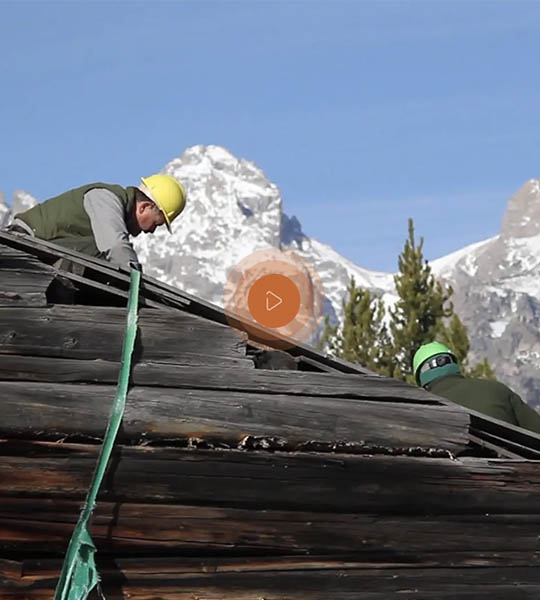
BAR BC DUDE RANCH
Established in 1912, the 763-acre Bar BC Dude Ranch is a central element of Jackson Hole’s rich cultural history due to its integral role in the dude ranching movement.
Its fame spread far beyond Jackson Hole through the reputation of its colorful owners and clientele that included Ernest Hemingway, John D. Rockefeller, Jr., and William Faulkner.
The two largest structures, the Corse and Main cabins, were in poor condition and improvements to both were completed in summer 2018 and 2019. The outcome is an interpretive district people can visit by foot, boat, horse, or car to enjoy the Bar BC area and better appreciate the dude ranch experience, magnificent location, and historical importance. Preservation of Bar BC will prevent further deterioration and will improve the safety of the area, making it a fun and educational place for visitors to explore.
MORMON ROW HISTORIC DISTRICT
Grand Teton’s Mormon Row Historic District is one of the most visited sites in Jackson Hole due to its historical relevance and beautiful setting.
Part of the National Register of Historic Places, Mormon Row is one of the country’s best representations of an early 1900s western farming community. Over the last century, the vacant buildings have succumbed to the harsh elements of weather in Jackson Hole. Roofs, foundations, and corrals are just a few of the many areas on Mormon Row that have been slowly degrading over time.
The Foundation is currently working in partnership with the park to discuss a multi-year effort that will ensure this incredible landmark is accessible for visitors well into the future.
LUCAS FABIAN HOMESTEAD
Resting on the edge of Cottonwood Creek, the Geraldine Lucas Homestead-Harold Fabian Place is one of Grand Teton’s hidden cultural gems.
Comprised of a handful of log buildings with sweeping Teton views, the property is historically significant to the park and a favorite destination among visitors who know of its existence. The site has been vacant for decades and was greatly deteriorated due to years of exposure. Thanks to a Foundation donor, work was completed in summer 2015 and 2016 to improve access and restore structures at the Lucas Fabian Homestead.
Originally constructed by Geraldine Lucas and later acquired by Harold Fabian, the homestead is one of Grand Teton’s cherished historic and cultural resources. Geraldine Lucas became the second woman to climb the Grand Teton in 1924 and remained on the property year-round until her death in 1938. In isolation, she braved harsh winters and deep snowpack, often using a team of Alaskan malamutes and a sled for transportation. Her sled is on display today in the transportation barn near Menor’s Ferry in Moose, Wyoming.

